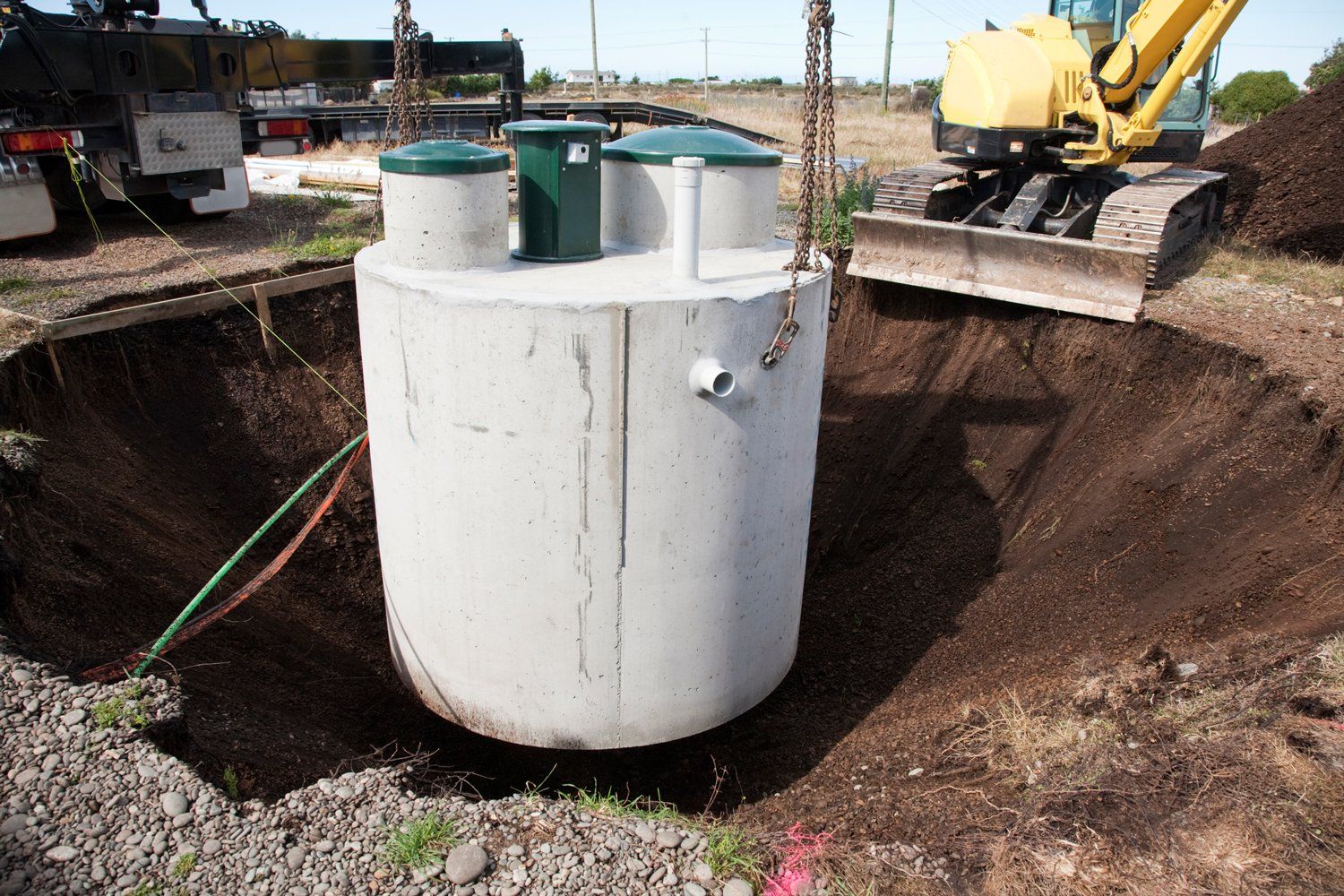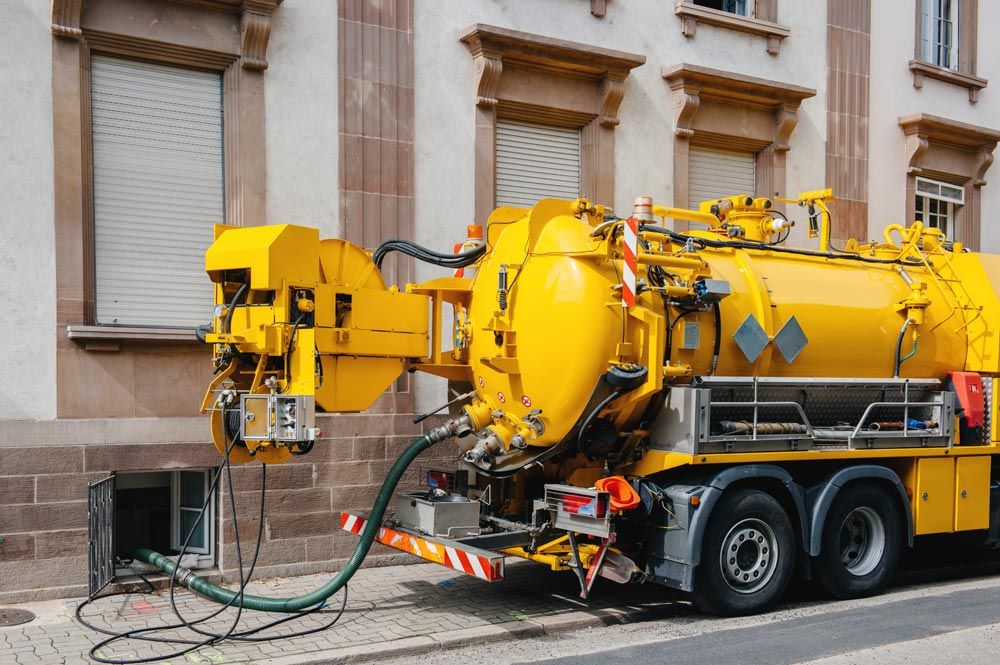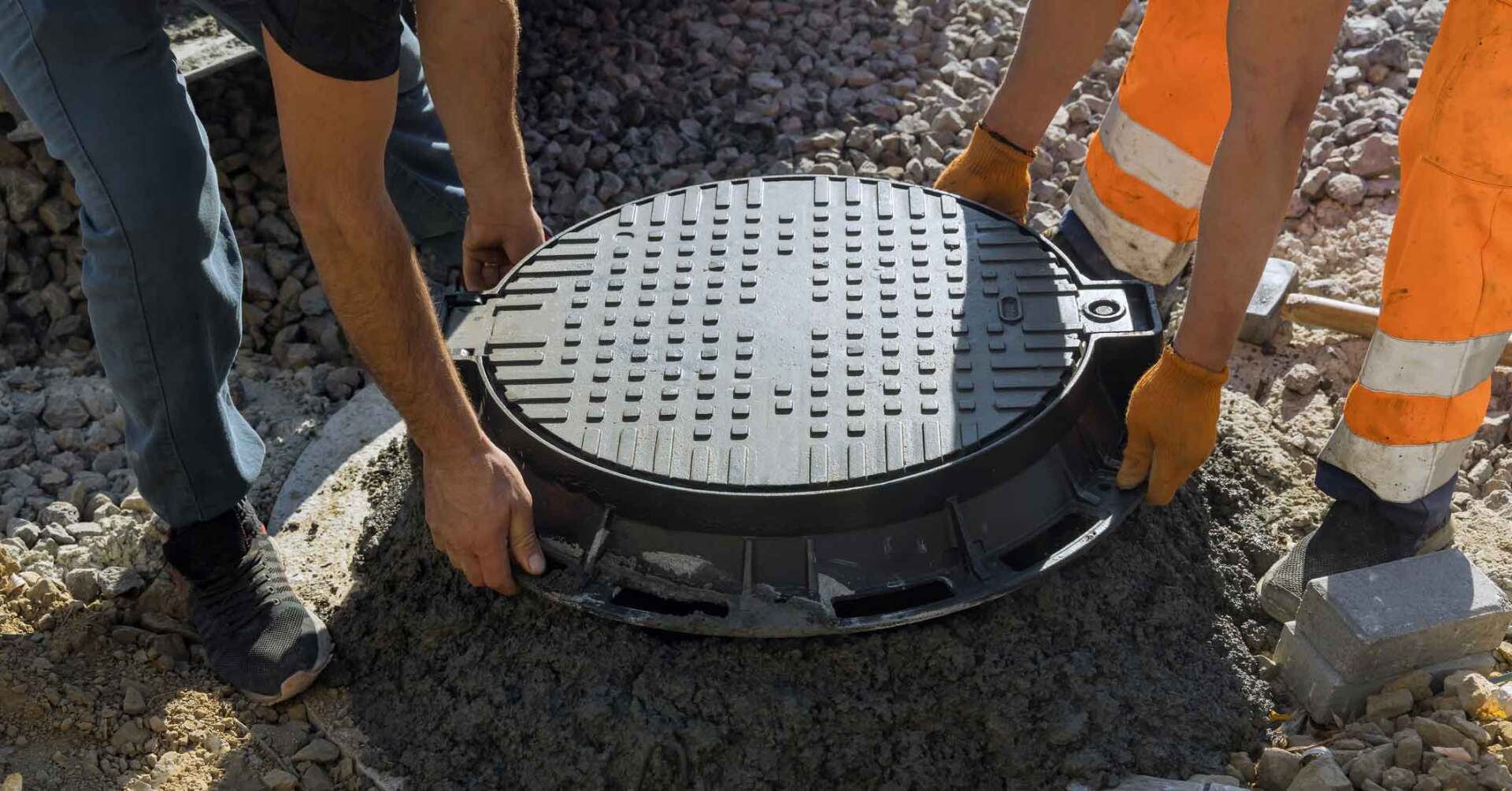Ensure Your Septic Isn't Harming Your Water Quality

Your septic system is designed to treat your home's wastewater safely so that it won't contaminate the surrounding ground, groundwater, or surface water. But if things go awry, wastewater can sometimes escape before it's completely treated. Then nitrates and nitrites, pathogens, and other types of contaminants could make their way into your well water.
Here are some tips to make sure your septic system isn't harming your well water quality.
1. Keep Septic System in Great Shape
Routine septic maintenance may sound like a no-brainer, but neglect is one of the top causes for septic malfunctions. If you use your septic correctly and have frequent maintenance visits and professional inspections, you'll be able to optimize septic functions and catch any malfunctions - in some cases, before they even happen.
For example, if your septic contractor performs a septic pumping and inspection, he or she will be able to assess the integrity of your septic tank baffles and replace them if they look like they're about to fail.
2. Test Groundwater and Surface Water Frequently
Every private well should be tested on a regular basis, whether you have a septic system in the area or not. When you get your well water tested, keep an eye out for coliforms and nitrates, which can come from your septic system.
However, you should also keep an eye on the quality of any nearby surface water, since ponds and rivers can become contaminated by septic systems as well.
3. Keep an Eye Out for Signs
A septic system that's well-maintained is much less likely to cause contamination problems. However, mishaps can still happen. If you notice odd odors, see changes in the vegetation growth over part of your septic system, or notice a mushy patch of ground or even standing water in the area, be sure to call for a professional right away.
Other signs of septic leakage and/or water contamination that you need to watch out for are slow, noisy, or smelly drains, algae blooms in bodies of water, or changes in your well water.
4. Mitigate Contaminants
If you do end up with contamination, you'll need to both fix the problem and treat the contaminated water. For a private well, shocking with chlorine is sometimes recommended. However, you should hire a professional to diagnose and treat any well issues that result in contamination.
You may need to use bottled water for drinking until the condition of the well is stabilized, but professional treatments can ensure the well returns to normal as quickly as possible.
5. Obtain Professional Septic Treatments
Professional septic treatments are needed in situations where the system is malfunctioning or overloaded and in situations where well water has been contaminated and the septic system is a likely culprit. The type of treatment needed will depend on what went wrong with the system. In some situations, you'll need a simple repair (such as a sewer pipe relining).
If your septic system is severely damaged (such as when your leach field is simply failing because it's so old and the soil can't treat water well anymore), some septic professionals may recommend that you replace your entire septic system. But other options may be available for situations like these to boost water treatment.
These five steps can help you prevent or repair any damage caused to your well water quality by your septic system. Keep in mind that if contamination happens once, it could happen again. Working with septic experts such as The Nibbler Companycan help you keep on top of your septic system's condition so it won't harm your well water. Call today to learn more.




